With its fluffy texture, “tsukune” is a popular dish on the menu of yakitori restaurants. Tsukune is well-liked by both children and adults, yet shockingly few know what it is. Yakitori restaurants will often thread them onto a bamboo skewer and cook them yakitori style over a charcoal grill. But they can also be fried in a pan or baked separately without the skewer. That are just a few things to know about Tsukune, there is more to this food that you will know as you go through this article.
What is Tsukune?
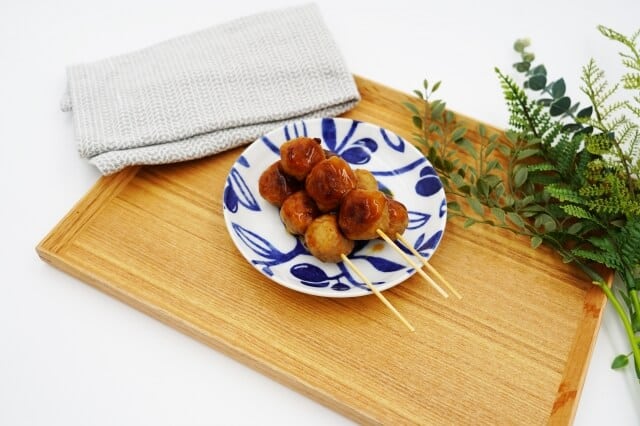
Tsukune is a Japanese chicken meatball most often cooked yakitori style and sometimes covered in a sweet soy or yakitori tare. The ground meat (or minced meat) in Japan could be chicken, pork, or even fish. It’s also a great plus because each business has its personality, such as utilizing a chicken egg for binding or Nankotsu. They beat or ground finely the meat and then kneaded and moulded into balls or sticks using a binder such as chicken egg, potato starch, and yam, and flavours such as ginger, salt, and soy sauce. Goro is another name for chicken meatballs. Japanese added some finely sliced green onions, shiso leaves, and onions, as well as chicken cartilage.
Etymology
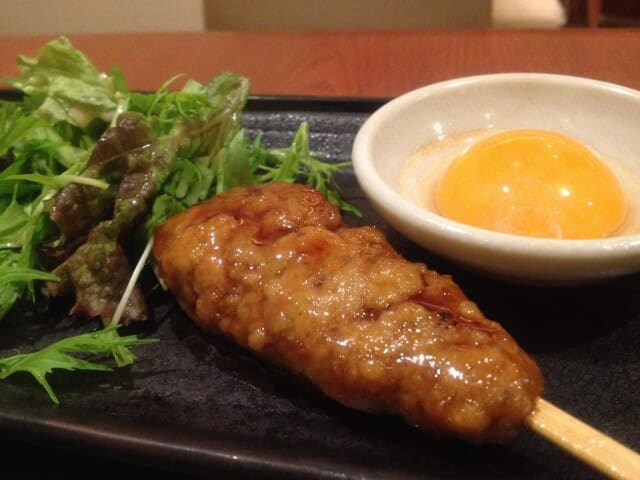
The word “tsukune” comes from the verb “tsukuneru”, meaning to knead and roll anything by hand. They wrote the character “捏ね” in Kanji. It is a paste created by hand-kneading meats like chicken and fish with binders like eggs and potato starch.
Tsukune History
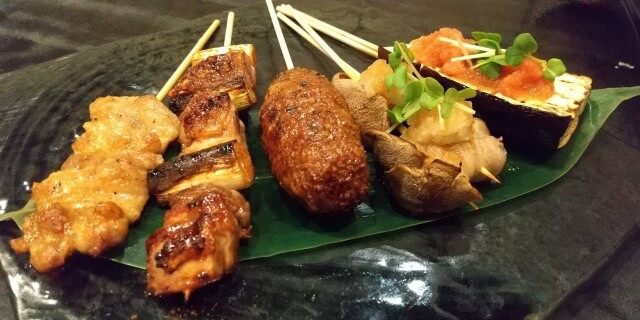
Chicken meatballs have a long history, and a cooking process quite similar to tsukune, in which they pound and knead the flesh, existed throughout the hunting era. People survived the hunting age by capturing animals and fish and collecting nuts and shellfish since they did not yet know how to manufacture food. This type of hunting and gathering culture persisted in the Japanese archipelago until the advent of rice cultivation techniques some 2,700 years ago.
Of course, there weren’t many knives back then, and even if you did catch meat, you could only roughly prepare it with a stone axe or something similar before grilling or boiling it. The modern skewered chicken meatballs are supposed to have originated at “Shibuya Morimoto” in Shibuya Ward, Tokyo. This is a long-standing yakitori restaurant created in 1948 and named as one of the 100 most famous yakitori restaurants several times.
How do the Japanese prepare Tsukune?
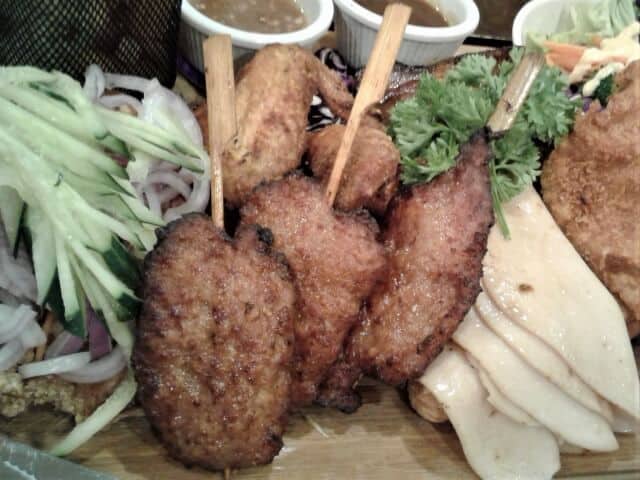
After they mashed or chopped finely the meat, thickeners such as egg, crushed yam, and bread crumbs are added, along with spices such as ground ginger root, salt, and soy sauce. Dumplings or meat sticks are formed from the mixture. To taste, locals incorporated finely chopped garden vegetables into the minced beef. To provide a crisp texture, vegetables and herbs such as Welsh onion, red perilla, and occasionally minced bird cartilage may be inside.
Health Information of Tsukune
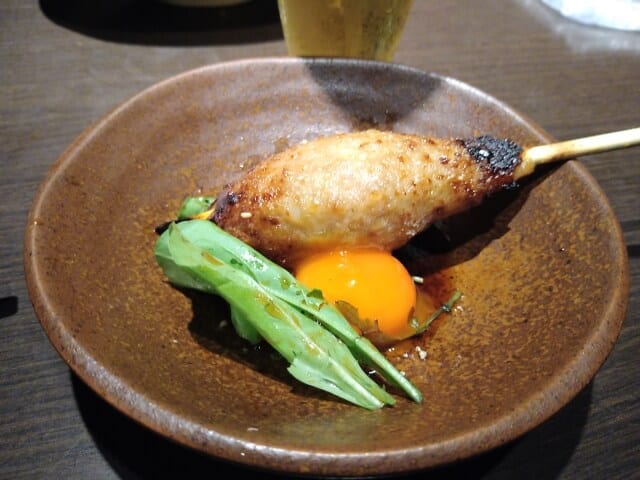
Tsukune has the best ratio of protein to muscle synthesis calories for muscle hypertrophy bulk-up, so it is excellent as a protein supplement after training and a diet after muscle training. In the case of dieting, Tsukune is a well-balanced food that contains a lot of protein and moderate calories. Calories and nutrients per 100 grams of tsukune.
Tsukune FAQ
- What is the difference between tsukune and tsumire?
-
The cooking method was different. Until they are kneaded by hand, the meat and binders are all the same. Anything kneaded by hand is tsukune, while anything that is pick by hand up is tsumire. Regardless of the ingredients used for tsukune, tsumire frequently contains minced fish flesh.
- What is the unique characteristic of Tsukune?
-
A major feature of tsukune is that you can use them not only for yakitori but also for steaming or adding them to soups. Also, the final taste changes depending on the ingredients mixed in is a characteristic and attractive point of chicken meatballs.
Tsukune Recipe
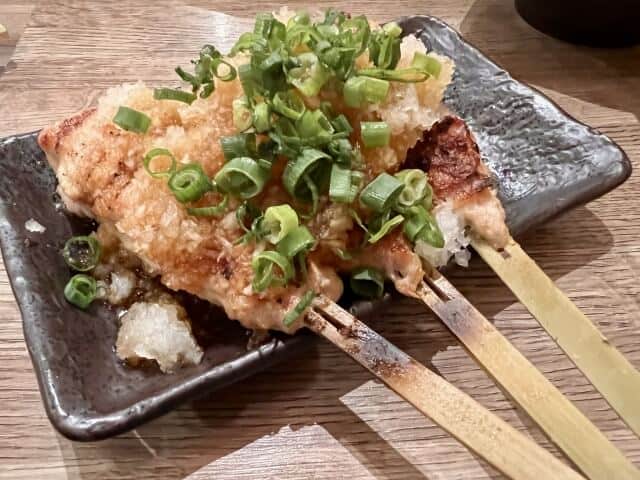
Tsukune Ingredients
| Ingredients of Tsukune for 2 persons | Measurements |
|---|---|
| Minced chicken | 180g |
| Salt | 3g |
| Liquor | 24g |
| Salad oil | 7g |
| Egg yolk | 30g |
| Green onion (chopped) | 20g |
| Ginger juice | 50g |
| Starch | 14g |
| Soy sauce | 14g |
| Sweet sake | 14g |
How to make Tsukune
Put the minced chicken in a bowl, add salt and sake, and mix well with your hands.
Add green onion, ginger juice, and starch and mix again, divide into 4 equal parts, wash hands and adjust the shape.
Heat salad oil in a frying pan and fry both sides over medium heat. When both sides change color, remove from heat and wipe off excess oil with cooking paper.
Put it on the fire again, add liquor, soy sauce, and sweet sake and mix the flavors over low heat. Arrange on a plate and sprinkle with egg yolk if desired.
Where to buy Tsukune
Yakitori Yoneta (焼とり よね田 西荻窪本店)
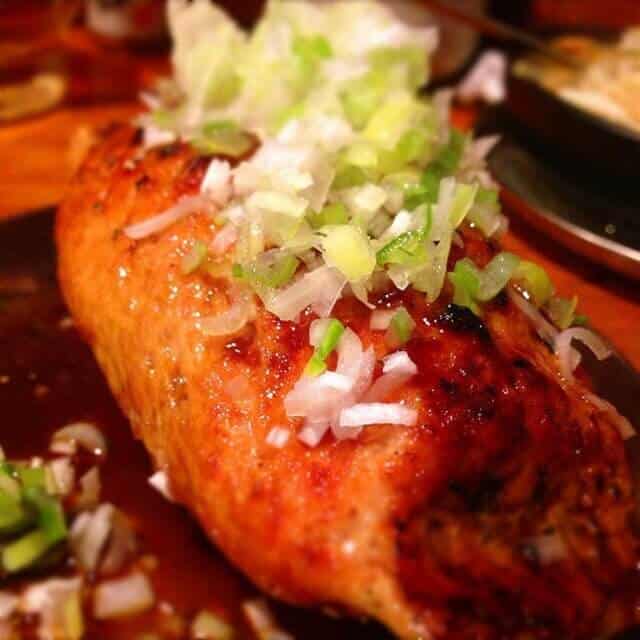
The combination of sauce, fluffy meat and egg were strong, and the grilled white liver was also delicious. The tsukune is soft and fluffy with crunchy cartilage and perilla leaves that provide a refreshing aftertaste. By the way, this shop is also a wonderful shop where any sour can be made into sharikin.
Bird King Takenotsuka (鳥の王様 竹ノ塚店)
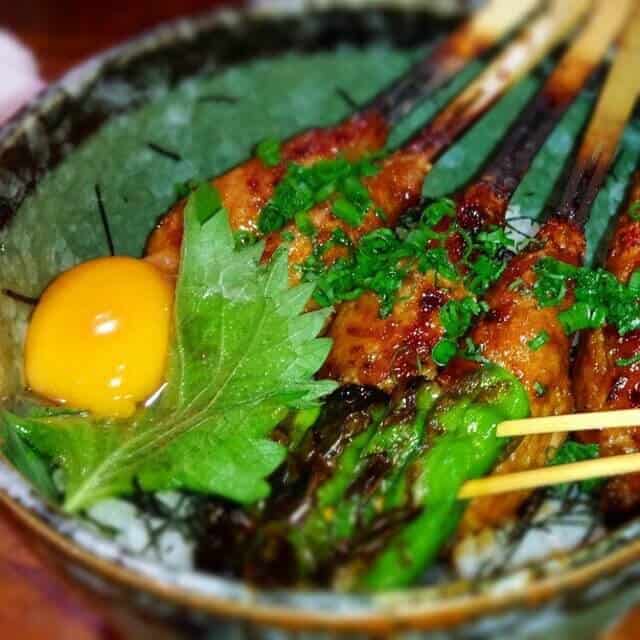
Their tsukune is made of chicken hearts, liver, and chicken fillets and the shop cooks it to a moderately rare degree. On the other hand, the grilled rice balls were hot and fragrant. In addition, there were many brands of sake and shochu. There were more than 10 types of local sake from good places.
Specialty Store Tomousoya (十夢想屋 下北沢)

It’s a popular restaurant, and they serve an assortment of 5 kinds of meatballs. They offer the original tsukune using very fresh chicken delivered directly from farms every morning and combining the ingredients to bring out the best flavours whether served grilled
Takeaway
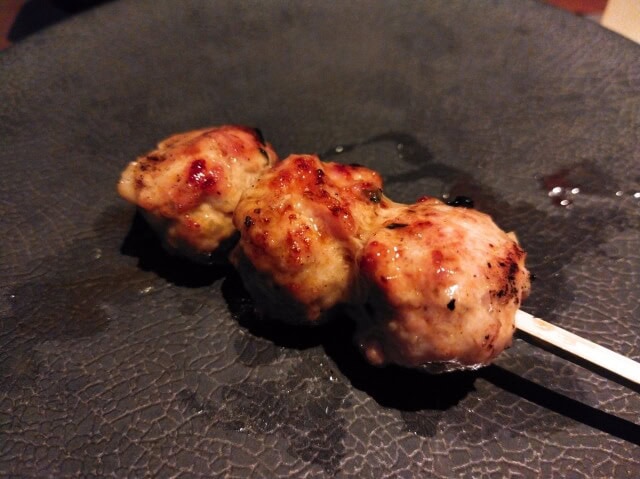
Japanese Chicken Meatballs called ‘Tsukune’ are one of the regular yakitori dish items. Soft and bouncy chicken meatballs are skewered and chargrilled with sweet soy sauce. They’re a standard offering in izakayas (pub-like gathering places) and restaurants specializing in yakitori. Sometimes shaped into cigars rather than orbs, the meatballs are grilled on skewers.
You can try other skewered Japanese food such as Dango, Yakitori, and Tori Kawa.
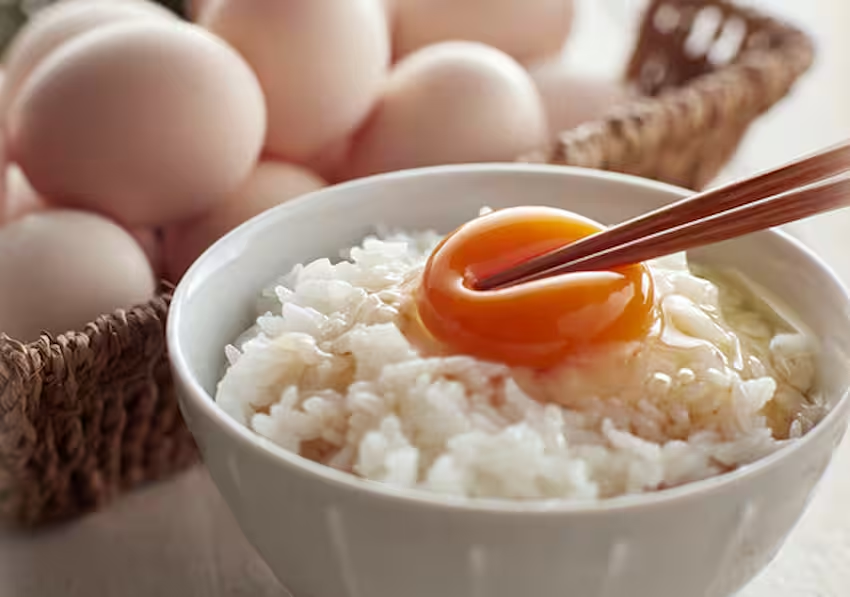
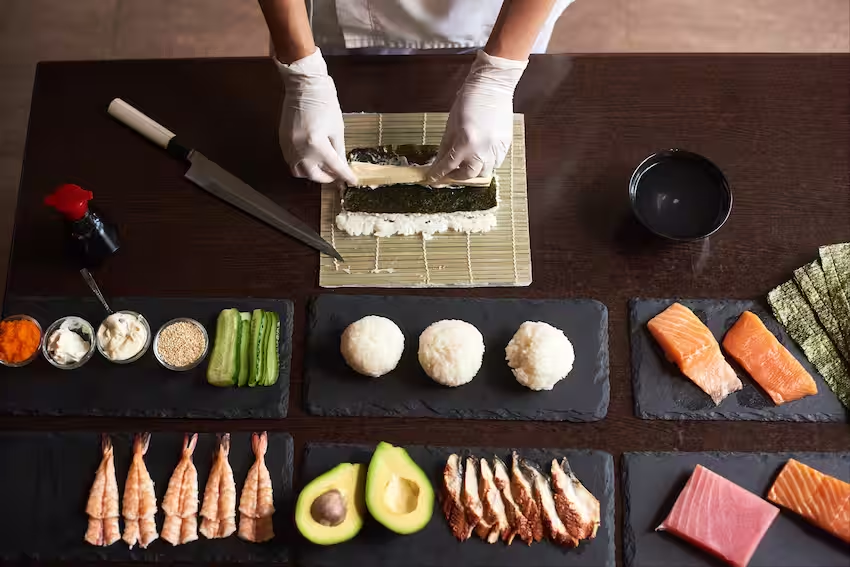
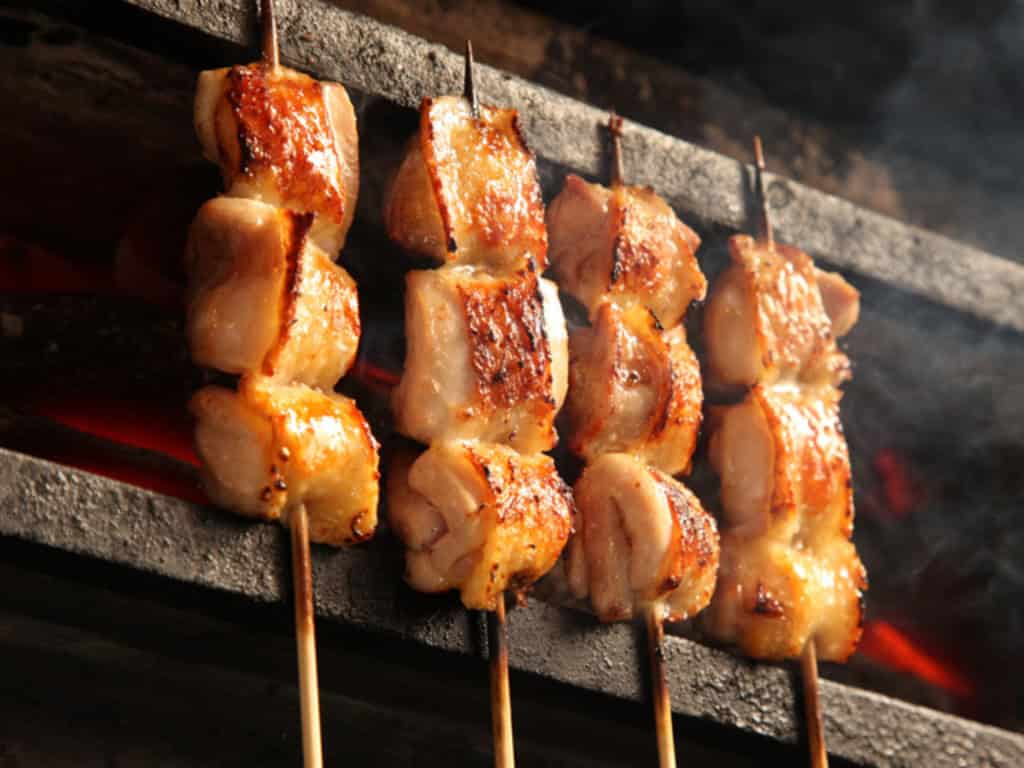
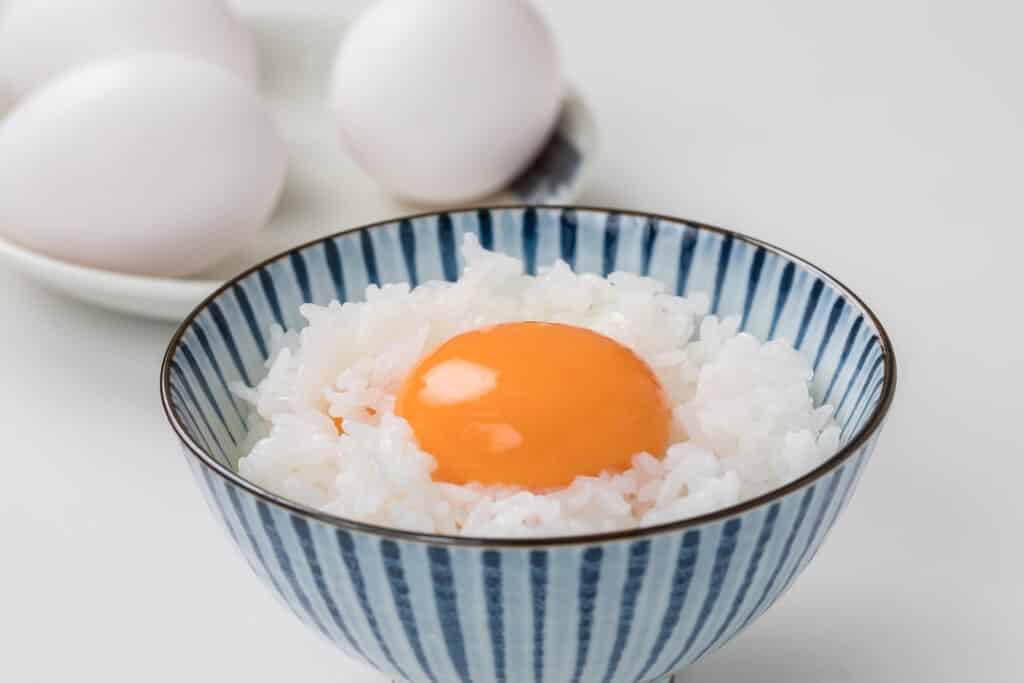
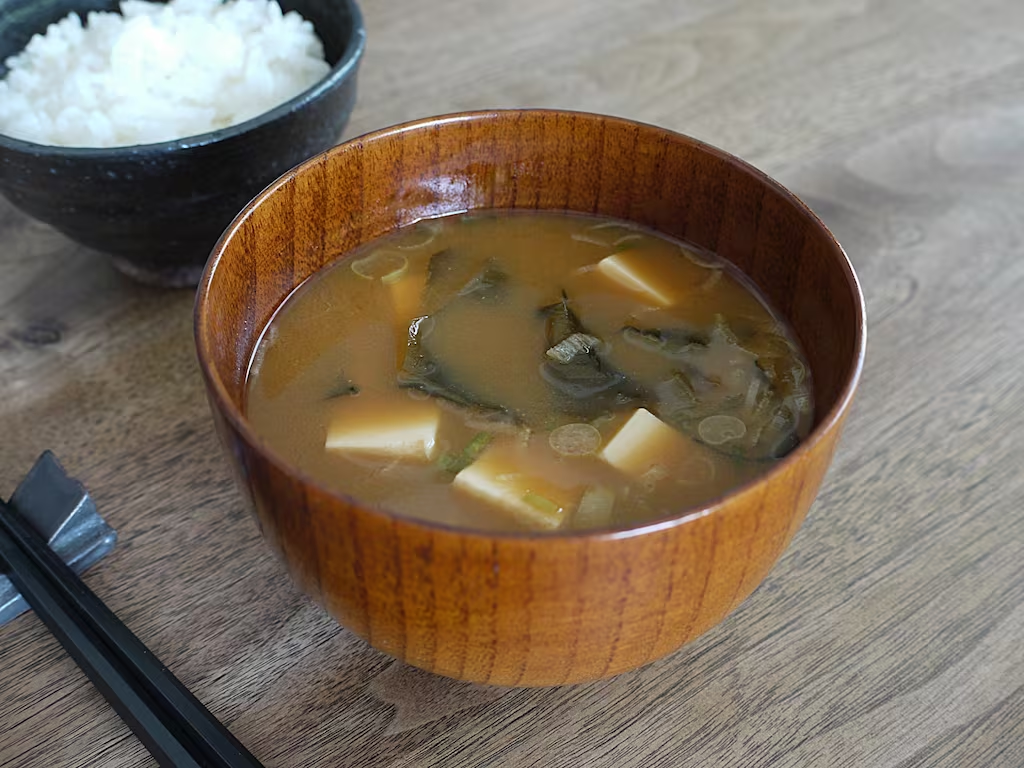

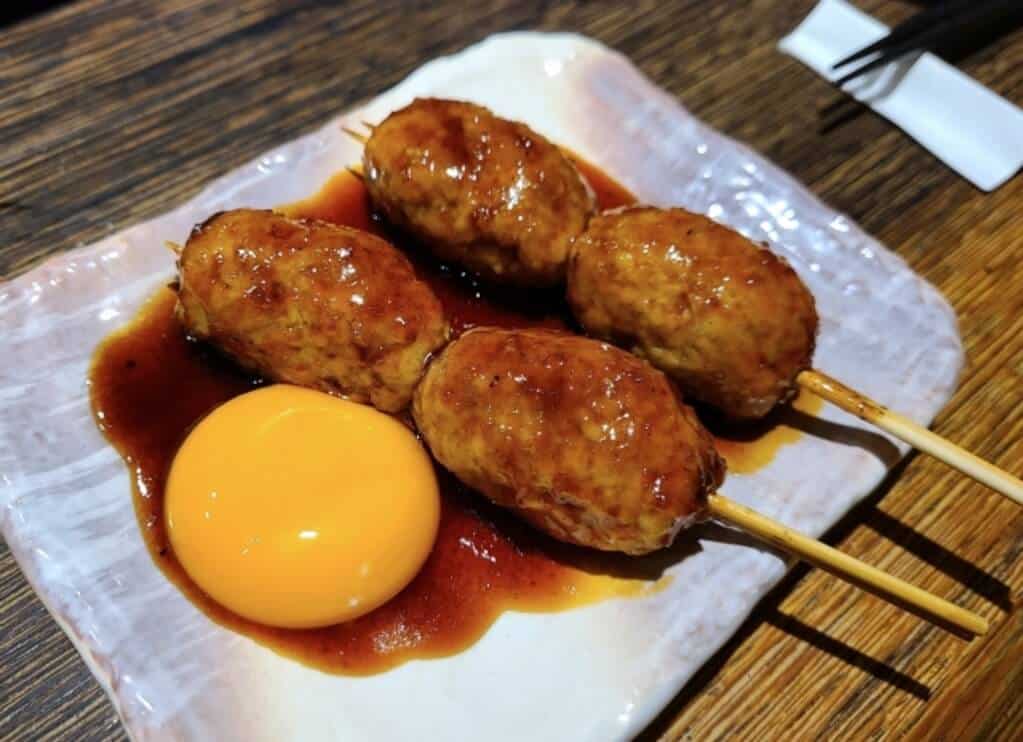
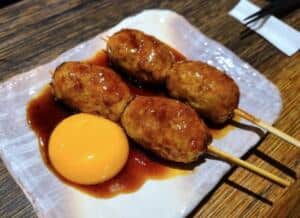
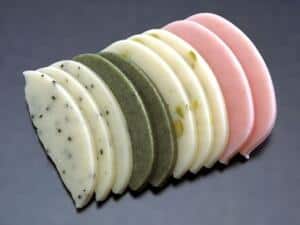
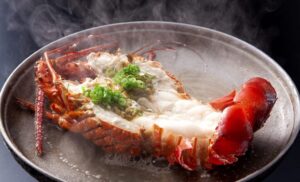
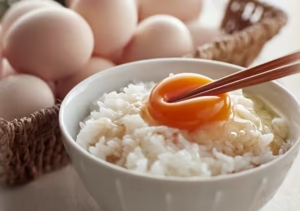


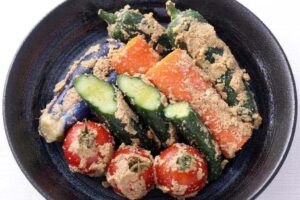
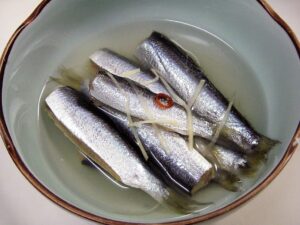

Comments